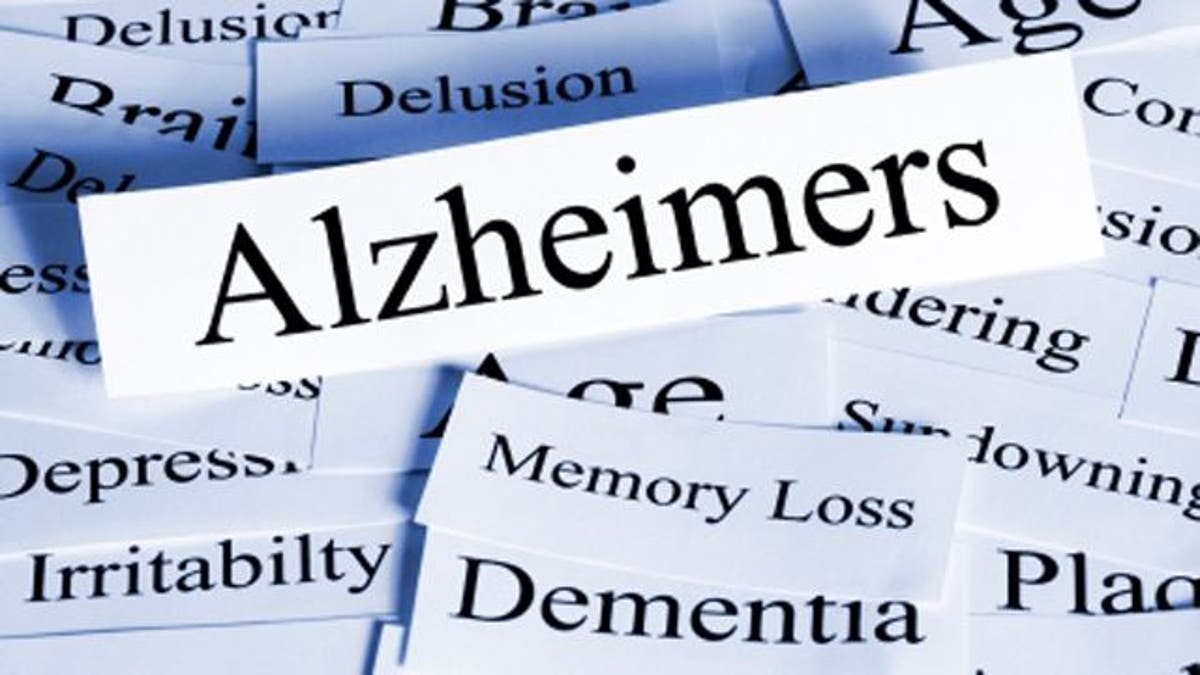
I learned about Alzheimer’s and dementia during my medical school education when I was in my mid-twenties.
At that time I didn’t have an appreciation for how challenging it is to live with or be a caregiver for someone with either of these diseases.
After being in practice for 10 years and working with caregivers for people with Alzheimer’s disease I have a much better appreciation for progression of the disease.
Dementia is a group of brain disorders that cause a progressive loss of intellectual and social skills severe enough to interfere with daily activities. Alzheimers is the most common of the dementia disorders. It causes death to the cells of the brain.
According to the National Institute of Aging, Alzheimer’s disease is an irreversible, progressive brain disease that slowly destroys memory and thinking skills, and eventually even the ability to carry out the simplest tasks.
Alzheimer’s disease can be difficult to diagnose because often it is challenging for loved ones or caregivers to distinguish between the mildest symptoms of Alzheimer’s and symptoms we often refer to as signs of old age.
The mildest symptoms are forgetfulness and slight confusion. As the disease progresses it begins to impact the ability to write and speak coherently. People have progressive difficulty finding the words to describe objects or their mental or emotional states.
___________________________________________________
More From EmpowHER:
How to Reduce Your Risk of Cancer
Gerson Therapy: Alternative Treatment for Cancer and Other Diseases
Diabetes and Cholesterol
___________________________________________________
Memory loss becomes more than occasional. People repeat statements or questions continually, forget having conversations and eventually forgetting objects or names of people they know or are related to.
The brain begins to have problems with spatial relationships like today’s date or time, or difficulty interpreting the environment. People can also become disoriented in familiar surroundings.
There can be behavioral and mood changes in people with Alzheimer’s too. They may experience irritability and aggressiveness, mood swings, insomnia, depression, anxiety, and wandering.
Since there is no specific test to diagnose Alzheimer’s it is important if you suspect a family member or friend may have it that you intervene.
Attend their next doctor’s appointment and share with the doctor the behaviors that are of concern.
There is no curative treatment. However cholinesterase inhibitors or memantine drug therapy can slow down some symptoms.
Creating a safe home environment is also an important part of the treatment plan including maintaining social networks, exercise, healthy nutrition, and keeping the mind active. All of these create a healthy environment for the patient and give a focus the caregiver on how to help the patient.
